The aim of the best bone conduction headphones isn’t to completely drown out the world. They’re designed to let you hear your music or audiobooks but continue to remain aware of the sounds in your environment. Check out TechRadar's exhaustive guides to the best headphones you can buy today: - Best budget wireless earbuds They’re for those people who don’t want to block up their ears with buds, but who still want to enjoy decent sound quality. As a result, the best bone conduction headphones are a good fit in busy environments or for outdoor activities, such as running and cycling. So, how do bone conduction headphones work? Essentially, it’s a method whereby transducers are used to send vibrations through your cheekbones and jaw up towards your inner ear. Your brain then begins the processing work, turning those sound vibrations into the content that streams through the headphones. While bone conduction headphones are a good fit for fitness folk who want to be more aware of their surroundings, they can also be useful in any scenario where you’d need to be able to hear a mix of your own music and that background noise, perhaps when walking on a busy street. We've been busy testing the best bone conduction headphones on the market today – read on for our top picks. Right now there aren't as many bone conduction headphones to choose from as other types of headphones. However, there are a few points to consider. For example, if you’re thinking about investing in a pair of bone conduction headphones for use while exercising, then be sure to check the IP (ingress protection) rating, which will provide an indication of how well they will be able to fend off sweat. What's more, those who will be using the headphones to take calls, but who don’t want interaction with their smartphone while doing so, should look for units with built-in controls and a microphone. There's plenty more to consider, including the design, the fit and budget. Let's take a look at the top bone conduction headphones of 2021 to find out more. The Aeropex sit at the top of the AfterShokz family, and at the top of our list, offering the smallest and lightest design and a slight step up in sound quality over rival bone conduction headphones. They’re 30% smaller and 13% lighter than the company’s Trekz Air headphones, and offer an IP67 water-resistance rating, making them an excellent option for exercise and use in the rain. Despite their slender frame, they include two physical buttons to control volume, and the move to a proprietary charging setup helps them to offer an improved water-resistance rating. Dual noise-cancelling mics are available for those times you need to take calls, too. On the sound front, AfterShokz has adjusted its approach to delivering audio to your ears to improve bass performance and offer less vibration and sound leakage than the brand’s other headphones. The improvements in bass and clarity are slight, yet noticeable, and with an improved eight hours of battery life and the same quick-charge support as the Trekz Air, the Aeropex are the priciest and best Aftershokz for a reason. Read more: Aftershokz Aeropex review If you don’t want to spend big on the company’s Aeropex headphones, the AfterShokz Trekz Air offer many of the same features and overall audio quality for significantly less money. Although not as compact or light in terms of their design, the Trekz Air do come with an IP55 rating, making them fit for sweaty workouts. Adopting the signature wraparound titanium frame, their 30g weight is distributed well to ensure they’re comfortable to wear and stay in place. Pairing with devices over Bluetooth, the headphones feature controls to adjust volume and a mute button to make it quick and easy to cut music in busy environments – or, if you need to have a conversation. Sound quality is as good as you’ll find on bone conduction headphones, although in busier environments, they’ll struggle to be heard. At full volume, you might experience some of the tickling sensation familiar with bone conduction, so these are best used at moderate volumes. Offering six hours of battery life, the Trekz Air also come with a quick-charge feature that will get you an hour of listening time in just 15 minutes of charging. Read more: Aftershokz Trekz Air review Vidonn might not be a familiar name, but the brand makes good-quality bone conduction headphones for less than Aftershoks’ cheapest pair, offering an excellent experience. They’re similar in stature and look to the Trekz Air, weighing in at just 29g. As such, they feel extremely light and therefore comfortable to wear. Plus, an IP55 water-resistance rating means they’re suited to use for exercise and will be able to withstand some light rain. They pair to your device via Bluetooth, and a built-in microphone ensures you can take hands-free calls. In addition, they include just one discreet button with which you can play and pause music, skip tracks and take and reject calls. Sound-wise, the Vidonn F3 offer an experience that isn’t too dissimilar to a pair of Aftershokz headphones. The F3s are comparable in terms of power, clarity and definition, with a similar degree of sound leakage. Battery life is an impressive 7-9 hours, matching the AfterShokz Aeropex, and they charge via micro USB. Just keep hold of the very small cap that covers the charging port, to ensure you can keep the sweat and rain out. The Xtrainerz are the unique member of the AfterShokz family of headphones, since they’re the only pair that pack in an MP3 player and can be used whilst swimming. They offer a slim, lightweight design much like the Aeropex, and a higher IP68 water-resistance rating means they can handle being submerged in water up to two meters for 30 minutes. Coming with 4GB of storage capacity, you can drag and drop multiple file formats including MP3, FLAC and AAC, and they match the Aeropex for battery life, providing eight hours of listening time. The Xtrainerz sound great in the water, offering excellent clarity when submerged. However, the lack of Bluetooth connectivity means you can’t stream music via apps, nor can you make or take phone calls. Read more: Aftershokz Xtrainerz review Tayogo is a Chinese brand that’s enjoyed a couple of successful Kickstarter campaigns, making headphones that work on land and in the water. These particular bone conduction headphones are firmly for use on dry land, and are some of the most worthy at their cheap price. Pairing with devices over Bluetooth, the Tayogo feature a set of physical buttons below one of their chunky arms to adjust volume, plus a larger button on the end of the other arm to skip tracks. They also make room for a microphone to take hands-free phone calls. These headphones sport a bulkier build than the other headphones on this list, which means they can move about when used for energetic workouts such as HIIT sessions. For steady runs and working while sat down, they remain in position. The Tayogo present a powerful sound for bone conduction headphones, but you will feel a noticeable tickling sensation at top volumes, as they channel that sound to your ears. Six hours of battery life is a decent showing, and is only a couple hours shy of that delivered by the top-end pair of Aftershokz headphones. Overall, if you can live with that slightly bulkier design, these bone conduction headphones do a sound job.How to choose the best bone conduction headphones:
The best bone conduction headphones of 2021:
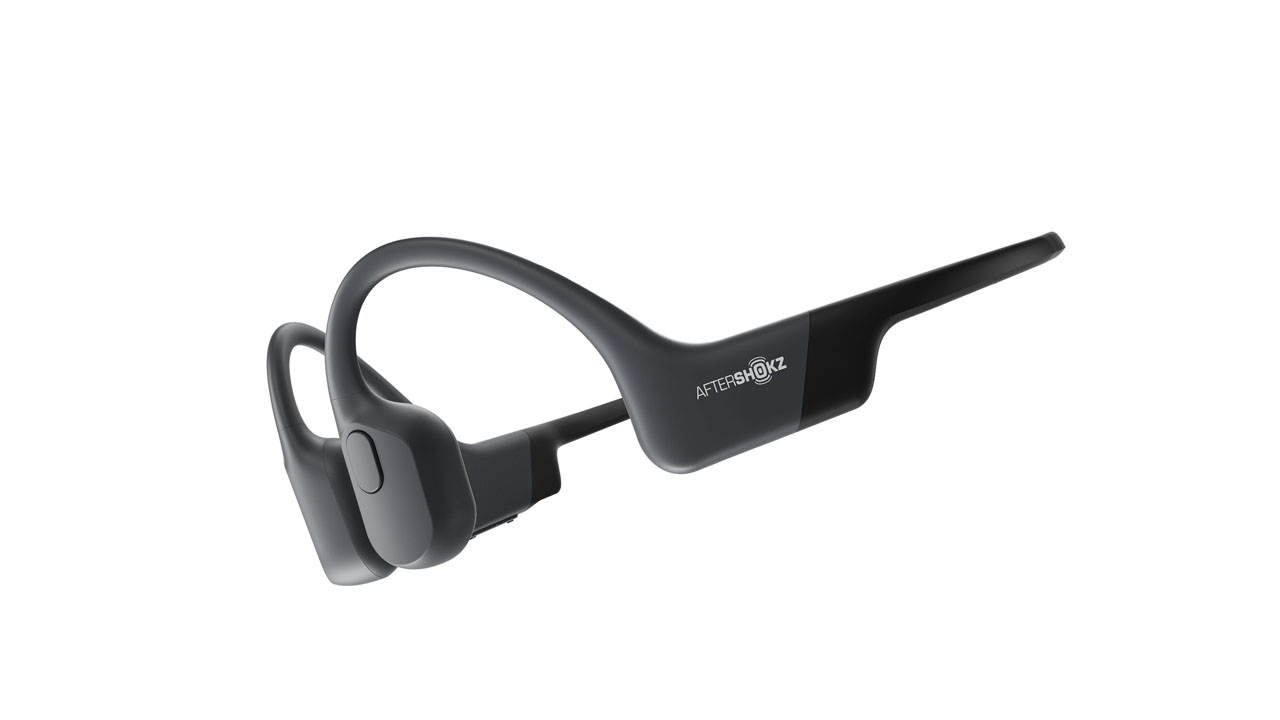

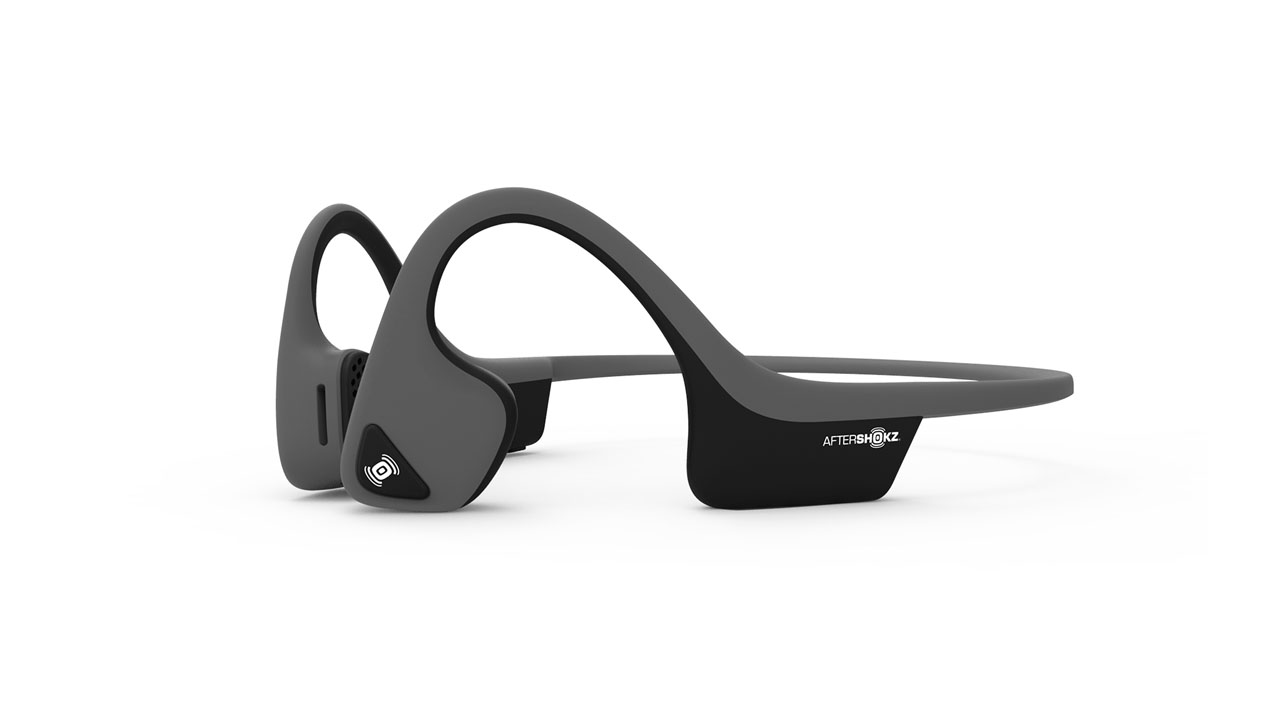

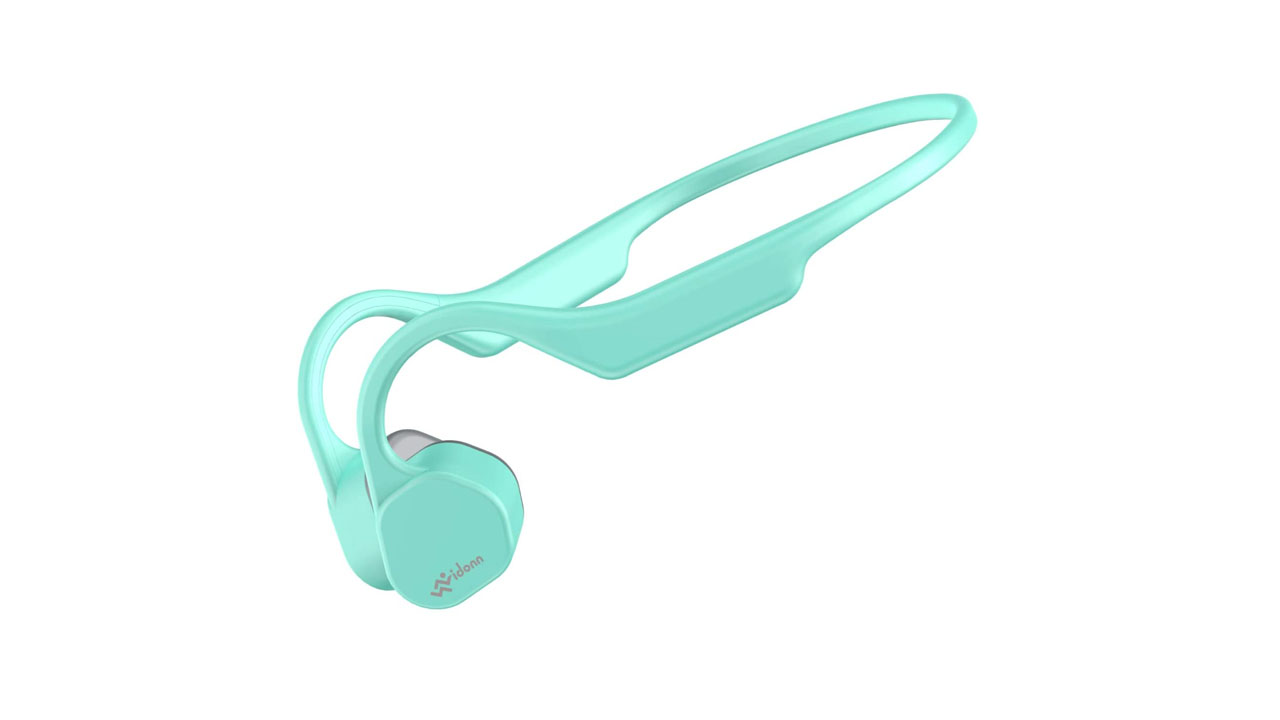

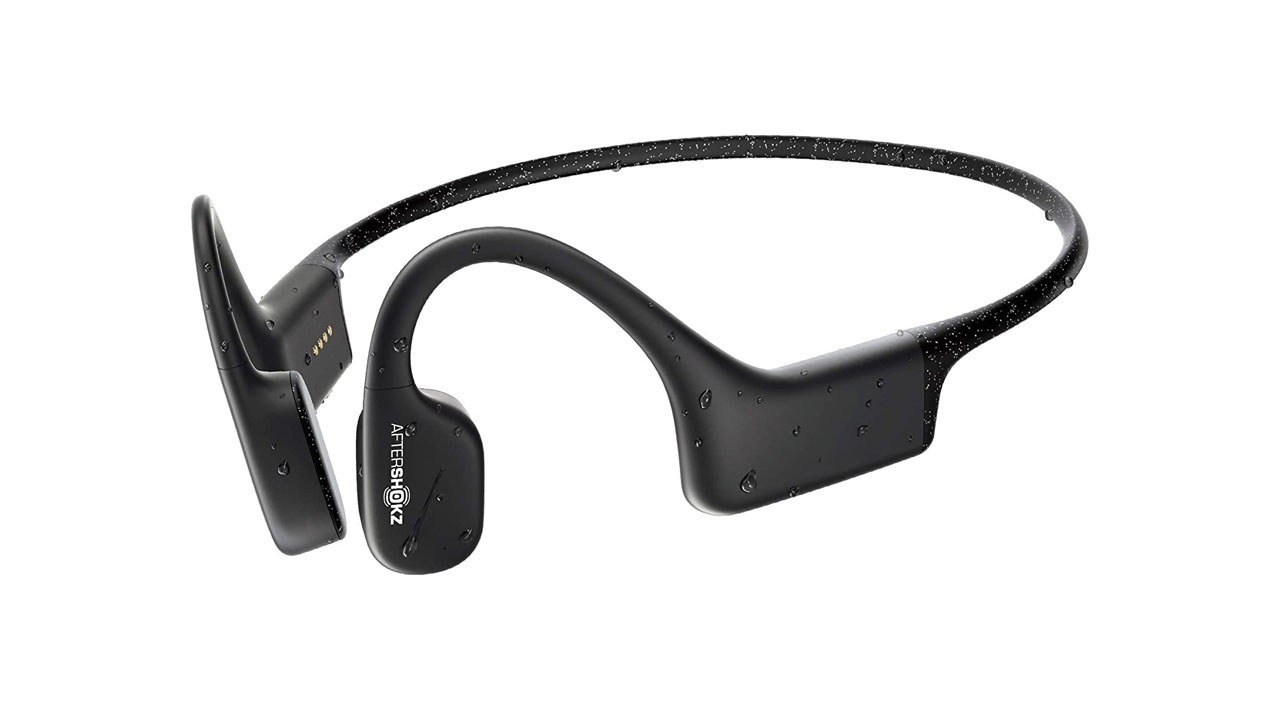

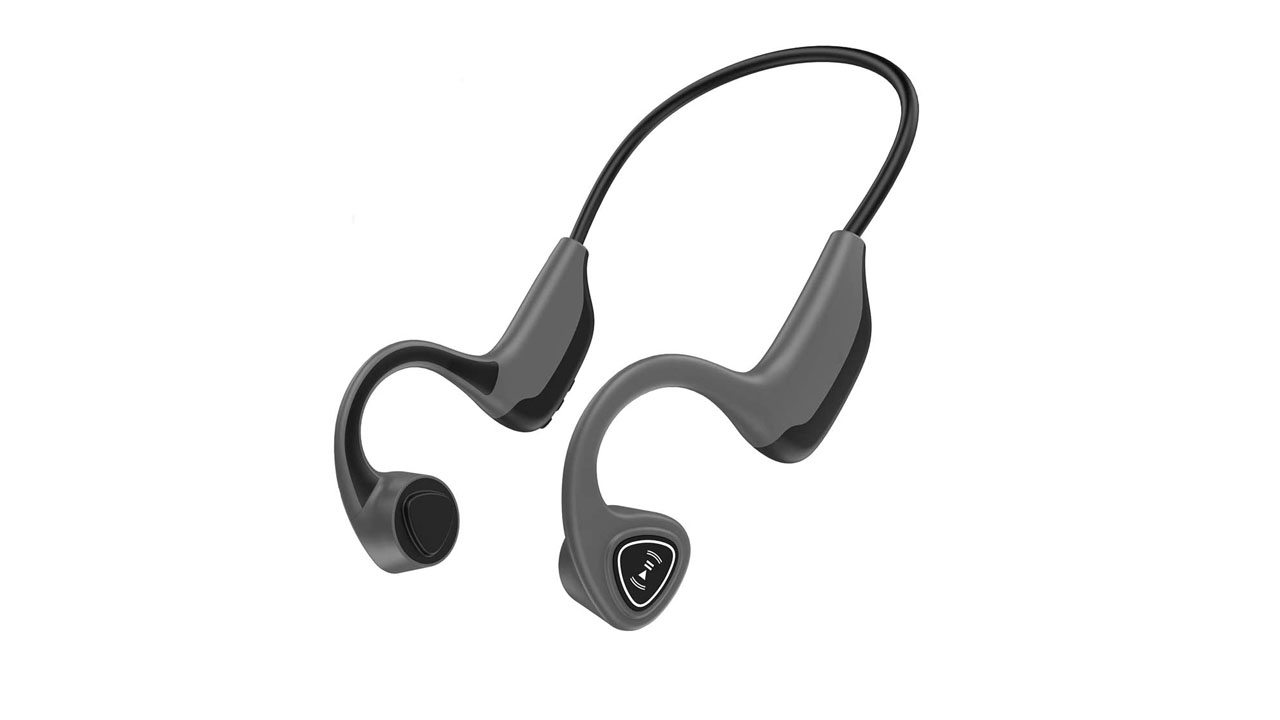
source https://www.techradar.com/news/tb-best-bone-conduction-headphones/
Which headphones style is best for you?
